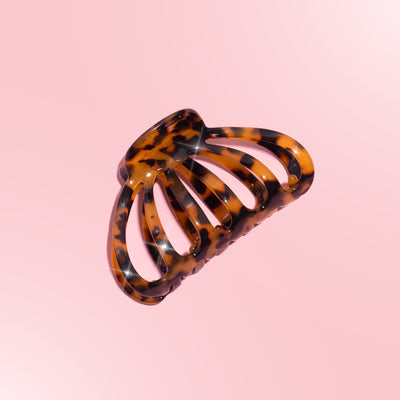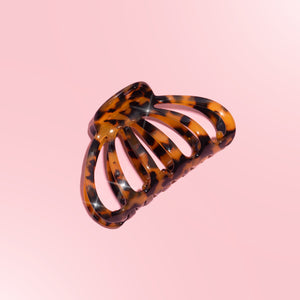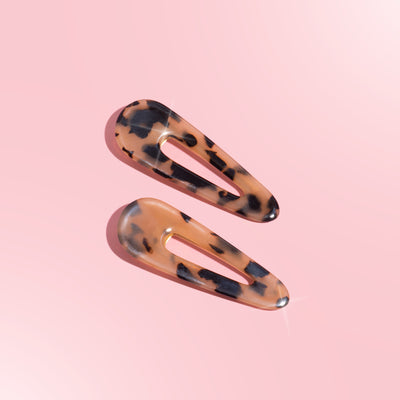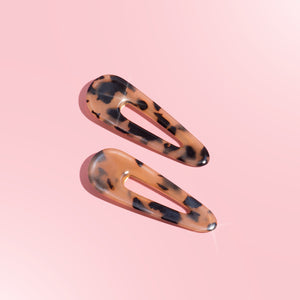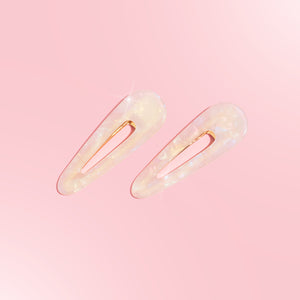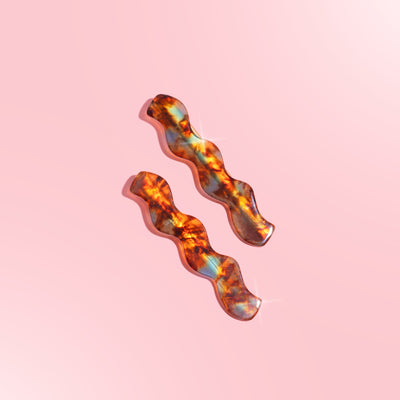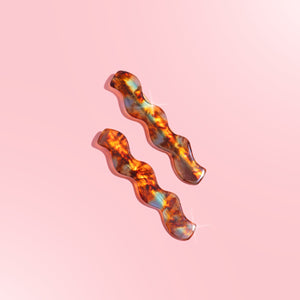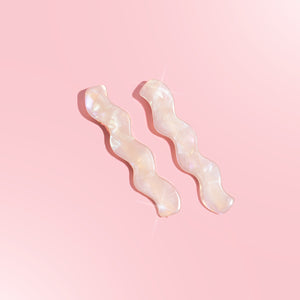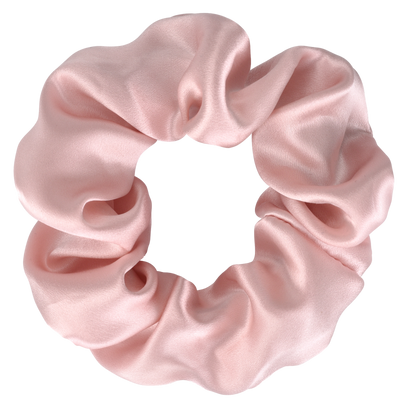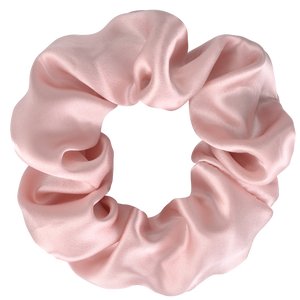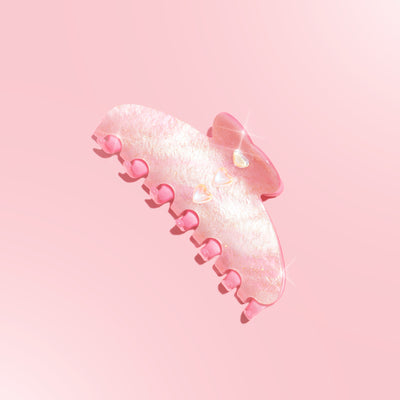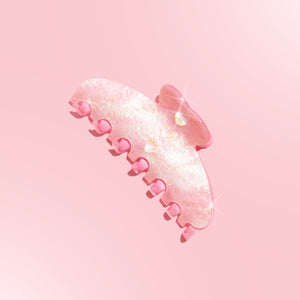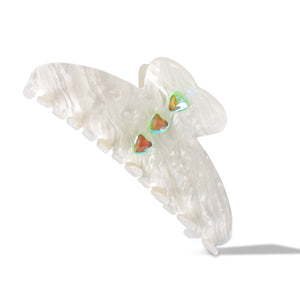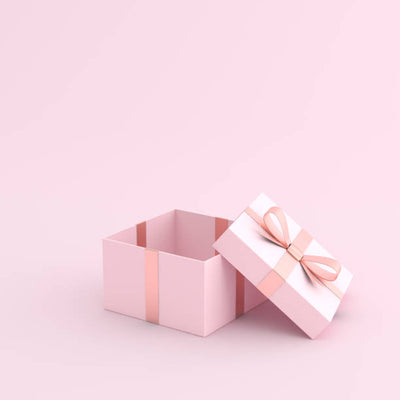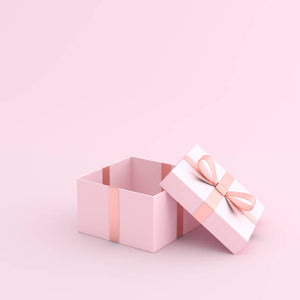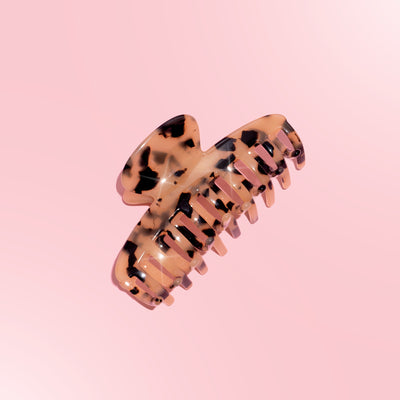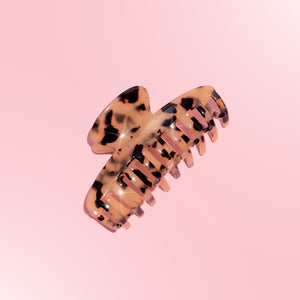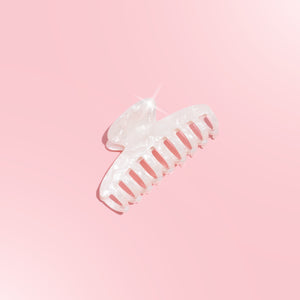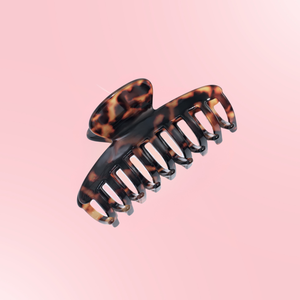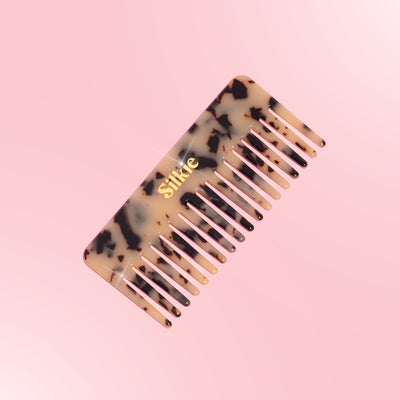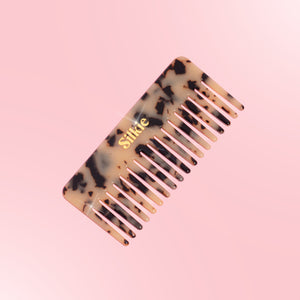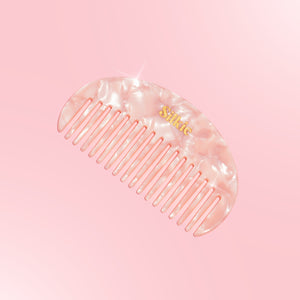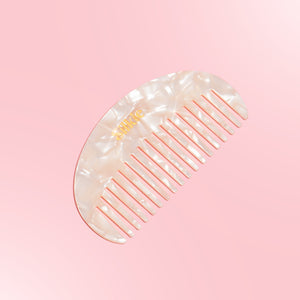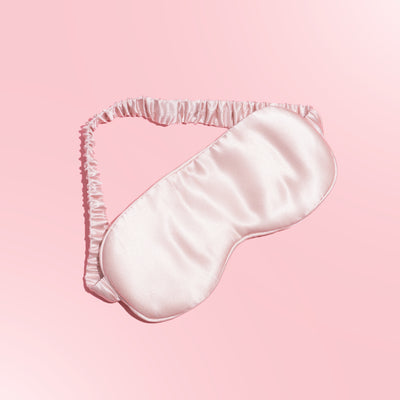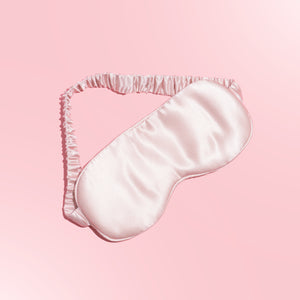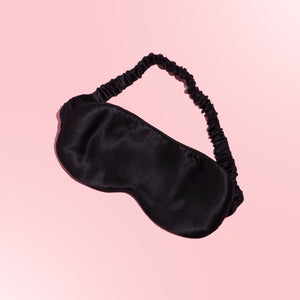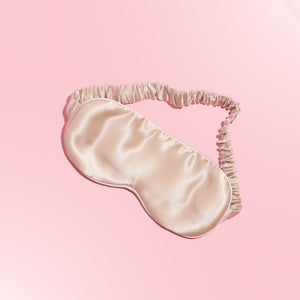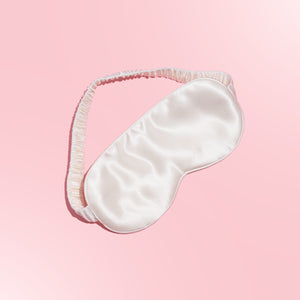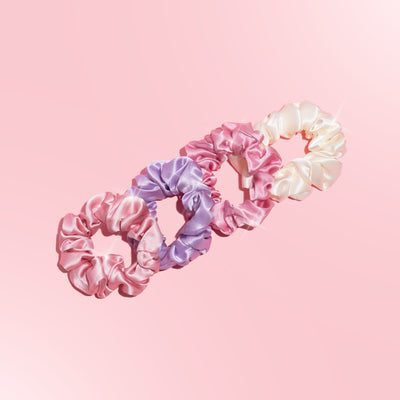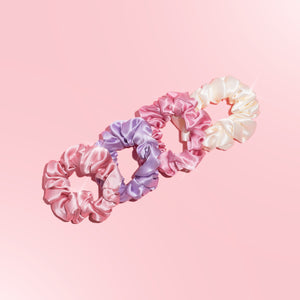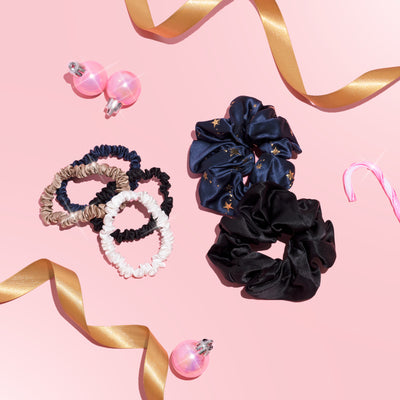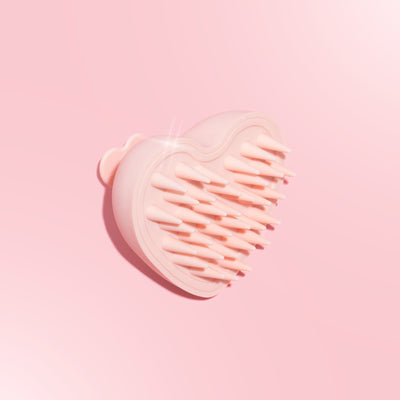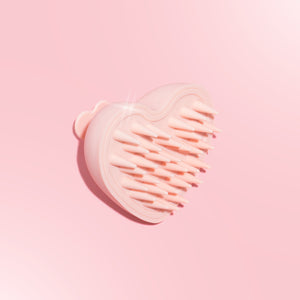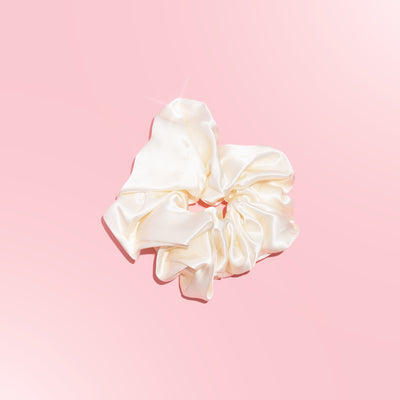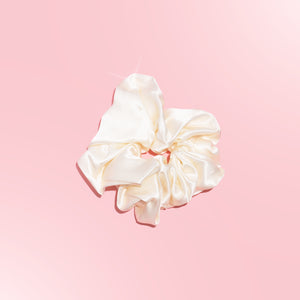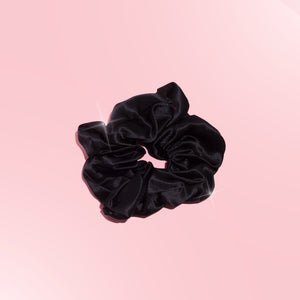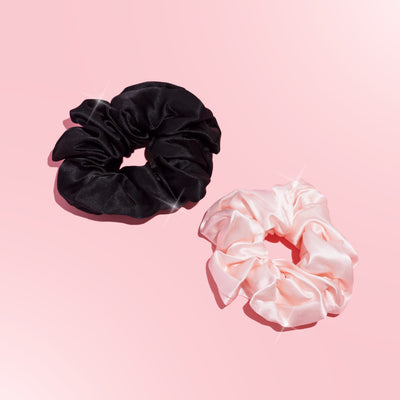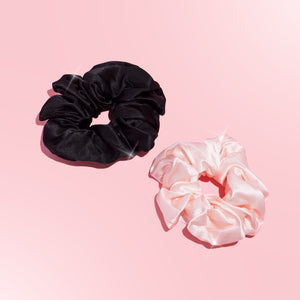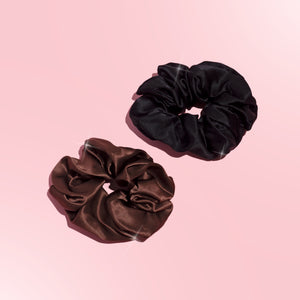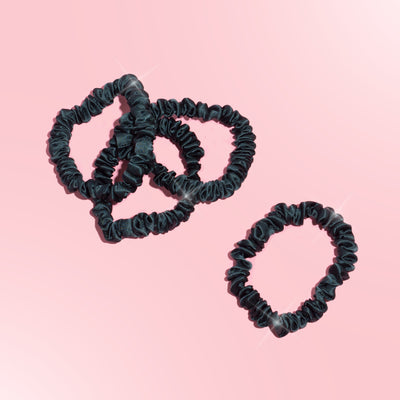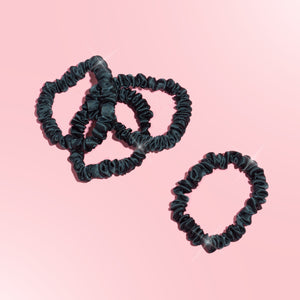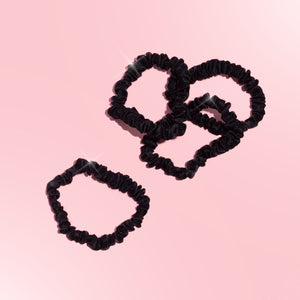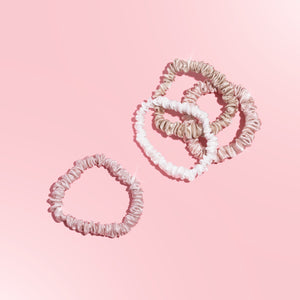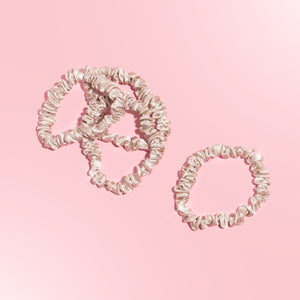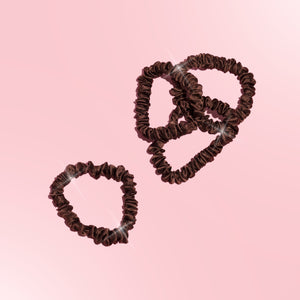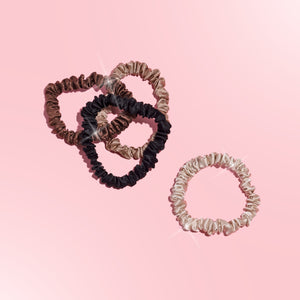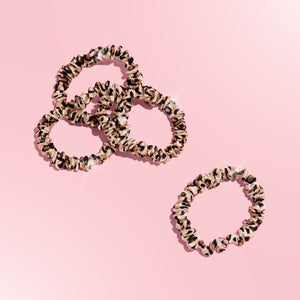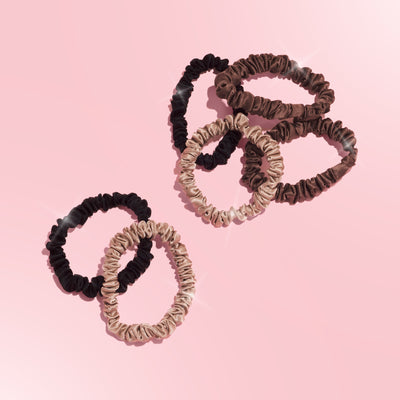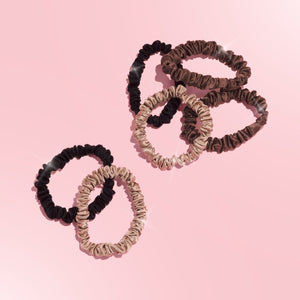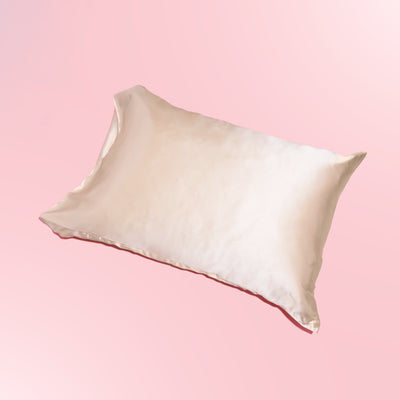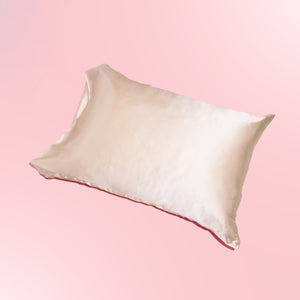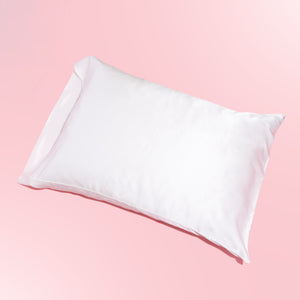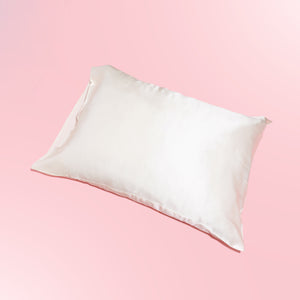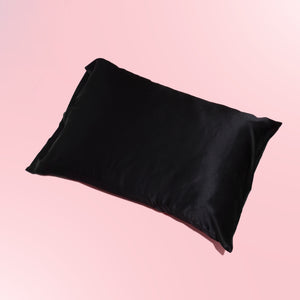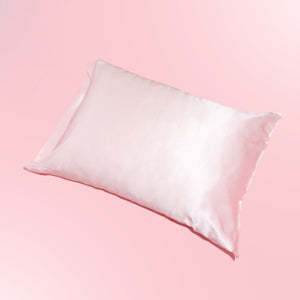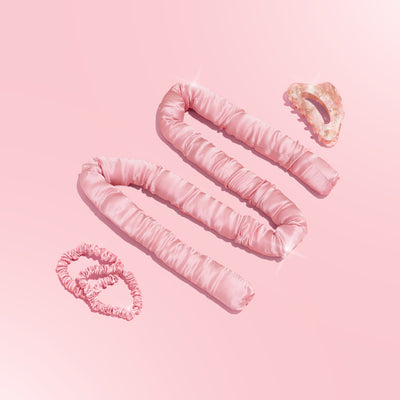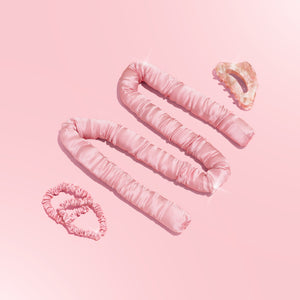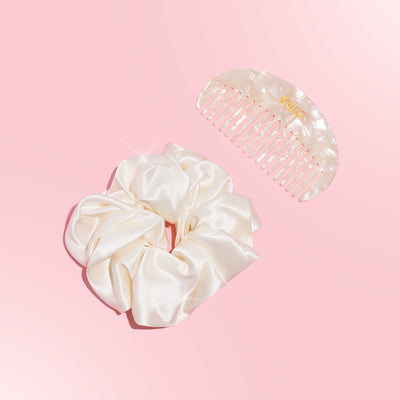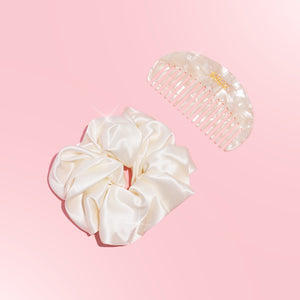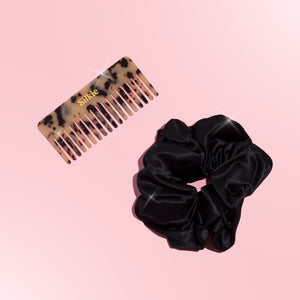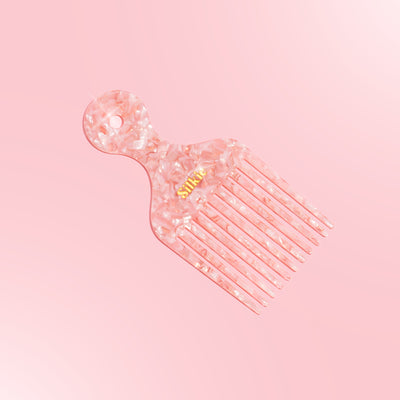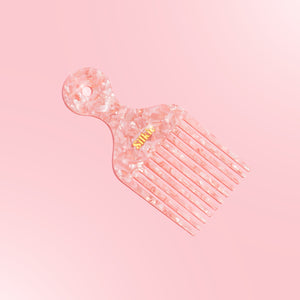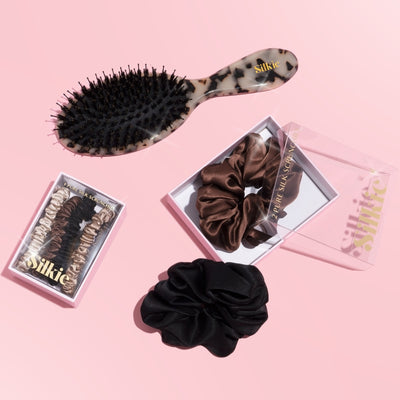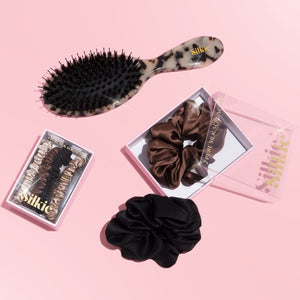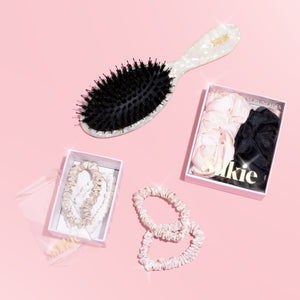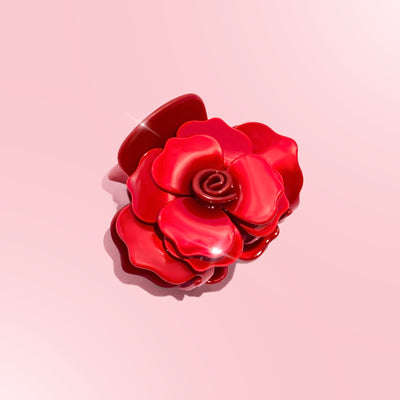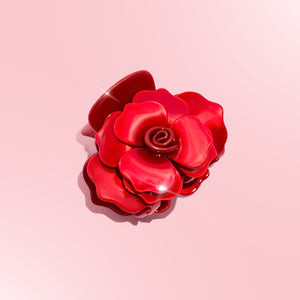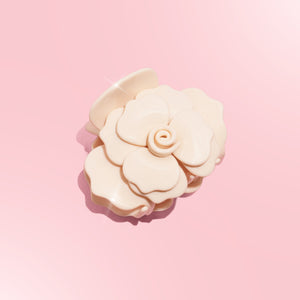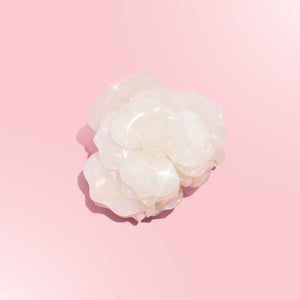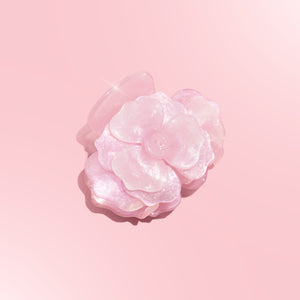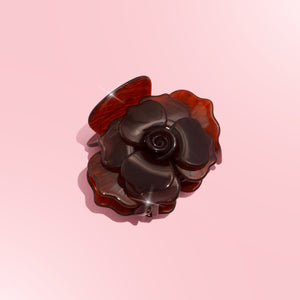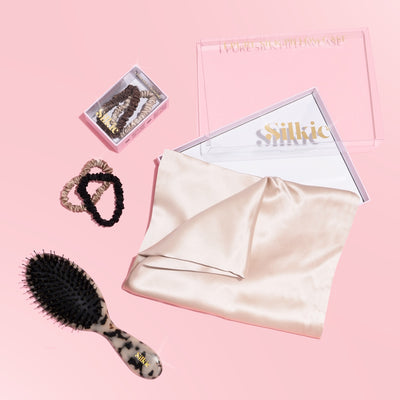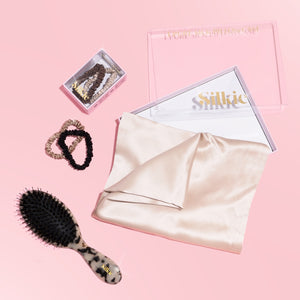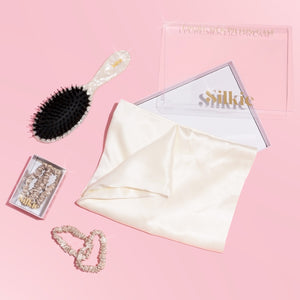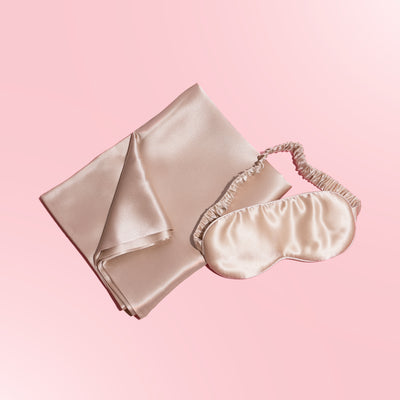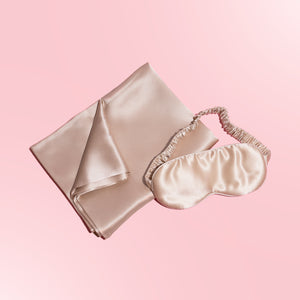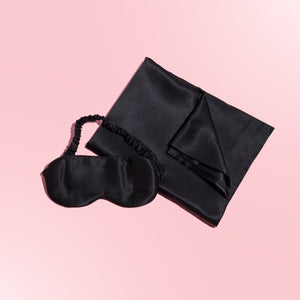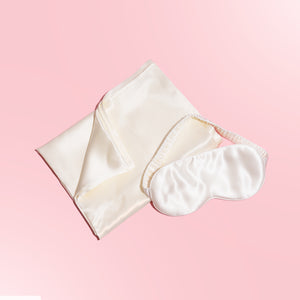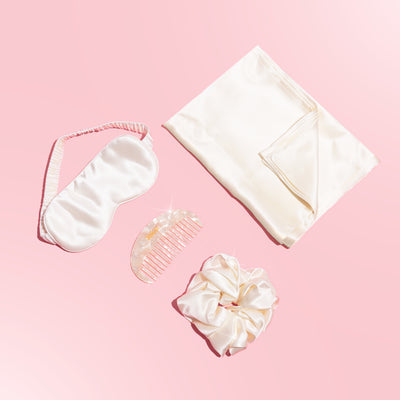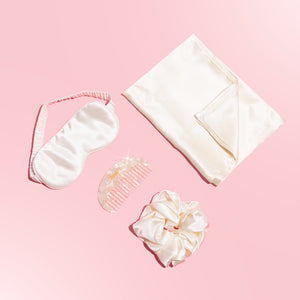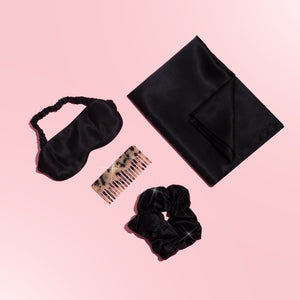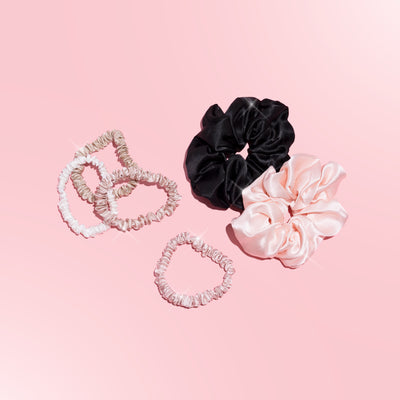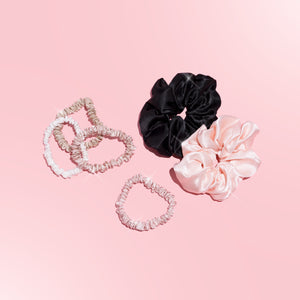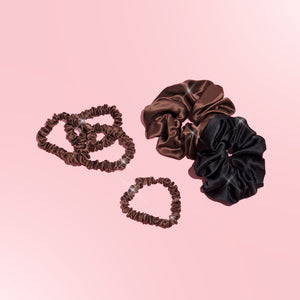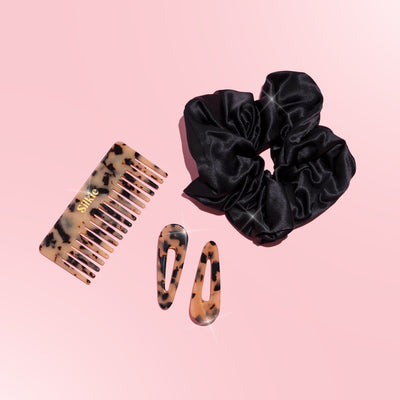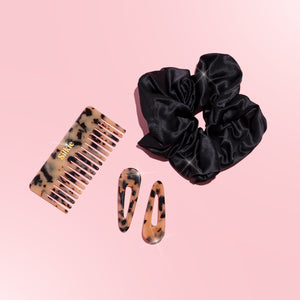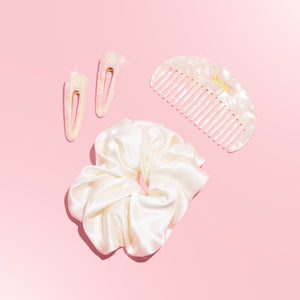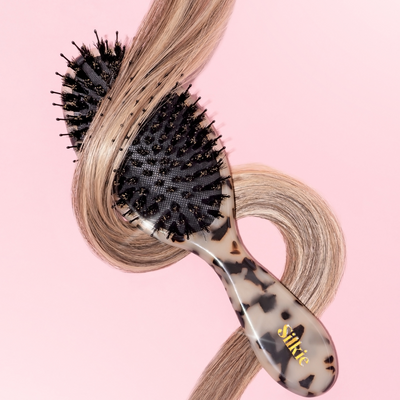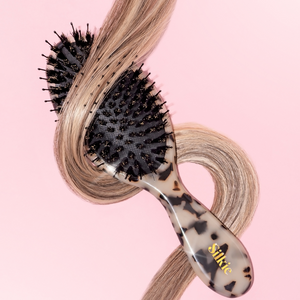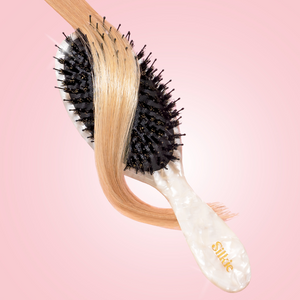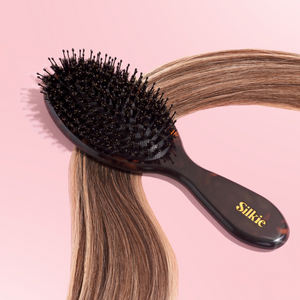How Seasonal Allergies Affect Your Scalp Health
If you suffer from seasonal allergies, you know how frustrating they can be—sneezing, itchy eyes, congestion, and even skin irritation. But did you know that allergies can also affect your scalp health? Many people don’t realize that the same allergens that trigger hay fever can also lead to dryness, itching, increased oil production, and even hair shedding.
If your scalp feels more sensitive, flaky, or irritated during allergy season, you’re not imagining it. Let’s explore how seasonal allergies impact scalp health and what you can do to protect your hair and scalp from irritation.
How Seasonal Allergies Impact Your Scalp
Allergies occur when your immune system overreacts to environmental triggers like pollen, dust, or mold. While these allergens mostly affect the sinuses and skin, they can also cause inflammation on the scalp. Here’s how:
1. Increased Scalp Sensitivity & Itching
When allergens come into contact with your scalp, they can cause histamine reactions, leading to itchiness, redness, and irritation. If you find yourself scratching more than usual, it could be due to seasonal allergens irritating your skin.
2. Excess Oil Production
Your scalp may overproduce oil as a response to irritation. This can leave your hair feeling greasy and weighed down, even if you just washed it.
3. Dryness & Flaking
While some people experience excess oil, others may suffer from dryness and flakiness due to an allergic reaction. If you notice more white flakes in your hair that aren’t typical dandruff, allergies could be the culprit.
4. Increased Hair Shedding
Inflammation caused by allergies can disrupt the hair growth cycle, pushing more hair into the shedding phase. If you notice more hair than usual in your brush or shower drain during allergy season, it may be due to scalp inflammation caused by allergens.
5. Pollen Buildup on Hair & Scalp
Pollen doesn’t just affect your respiratory system—it can cling to your hair and scalp, making symptoms worse. If you spend time outdoors, your hair can collect allergens, leading to ongoing irritation until you wash them away.
How to Protect Your Scalp During Allergy Season
1. Wash Your Hair More Frequently
Since pollen and dust settle on your hair, washing your hair regularly helps remove allergens before they irritate your scalp. Opt for a gentle, sulfate-free shampoo to cleanse without stripping moisture.
2. Use a Silk Pillowcase to Prevent Irritation
Switching to a Silkie silk pillowcase can help keep allergens at bay. Unlike cotton, silk is naturally hypoallergenic and resistant to dust mites, reducing the risk of further scalp irritation while you sleep. Plus, silk’s smooth texture prevents friction that can worsen itching and flaking.
3. Keep Your Hair Tied Back
Wearing your hair in a loose bun or braid can help reduce pollen exposure when you’re outdoors. Use a Silkie silk scrunchie to secure your hair without causing tension or breakage.
4. Hydrate Your Scalp
If allergies cause dryness, use a lightweight scalp serum or natural oils to restore moisture and soothe irritation.
5. Reduce Exposure to Allergens
- Wear a hat or scarf when outdoors to protect your hair from pollen.
- Shower before bed to remove allergens from your skin and scalp.
- Keep bedroom windows closed to minimize indoor pollen exposure.
Soothe Your Scalp with Silkie
Allergy season can be tough on your scalp, but simple changes—like using a Silkie silk pillowcase and protecting your hair from allergens—can help minimize irritation and keep your hair healthy.
Ready to upgrade your haircare routine? Shop Silkie silk pillowcases today at www.shopsilkie.com and give your scalp the comfort it deserves!
